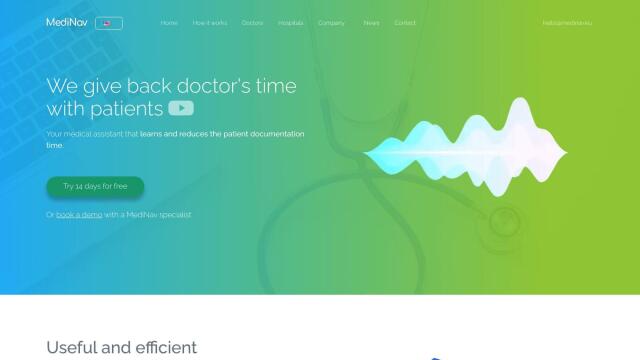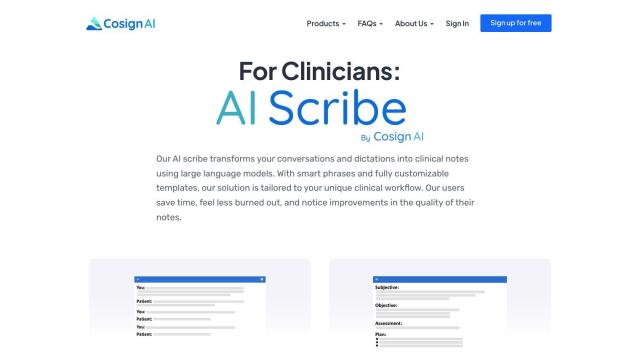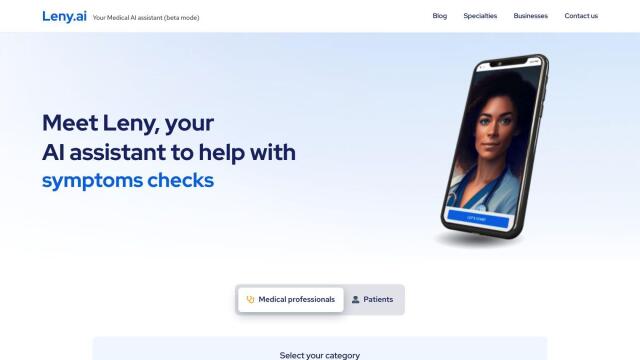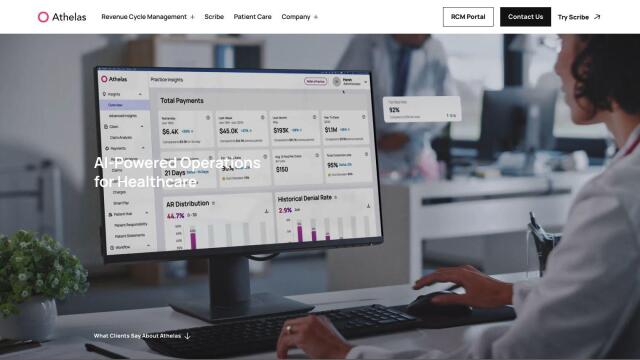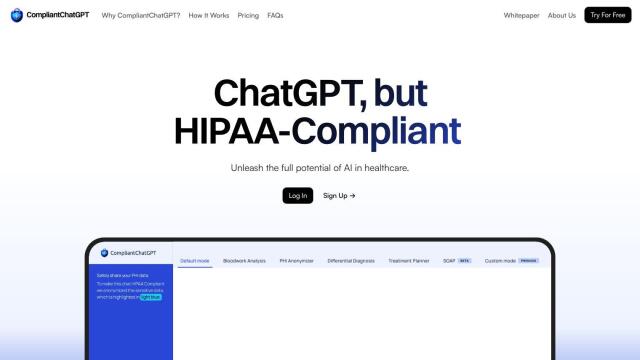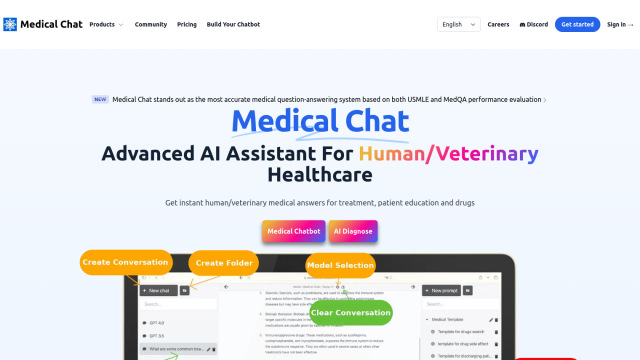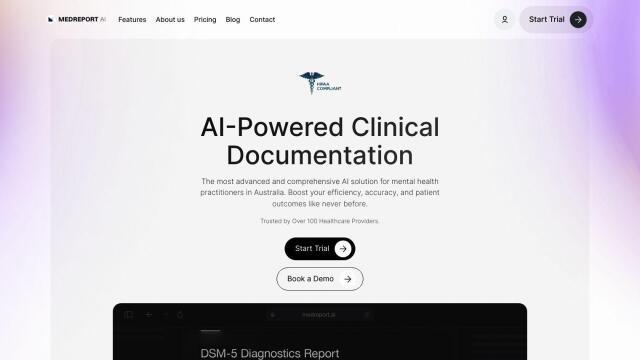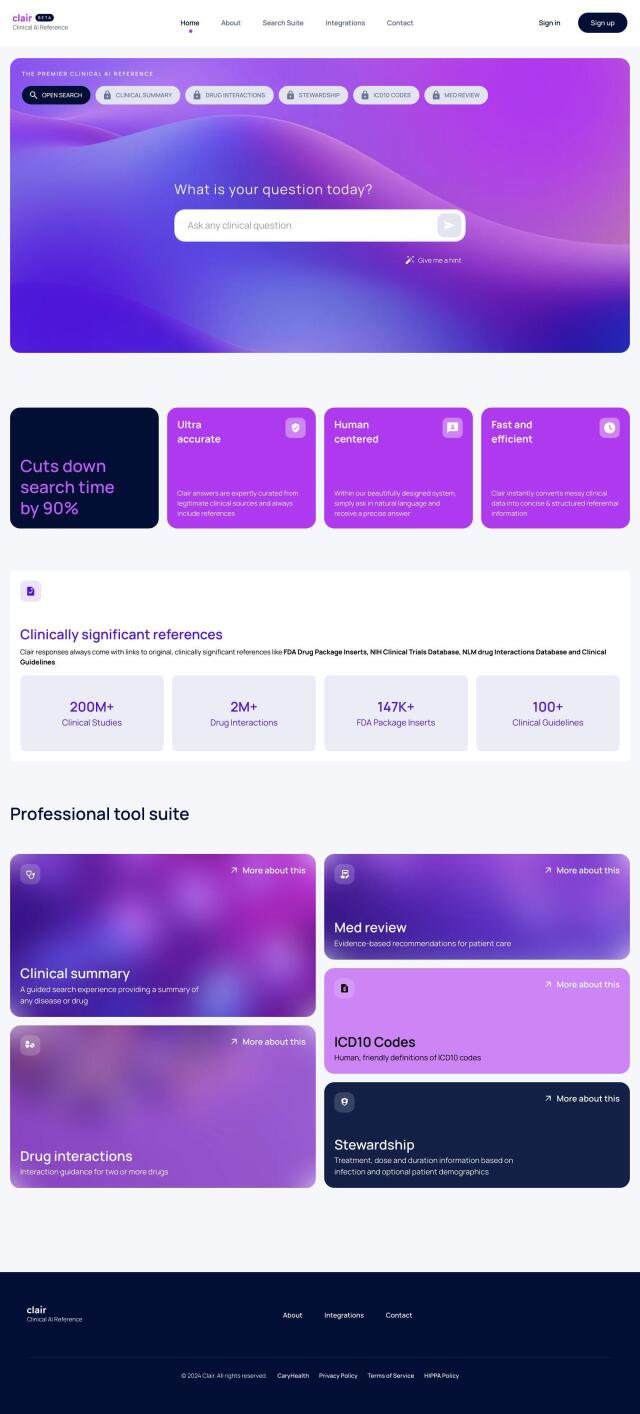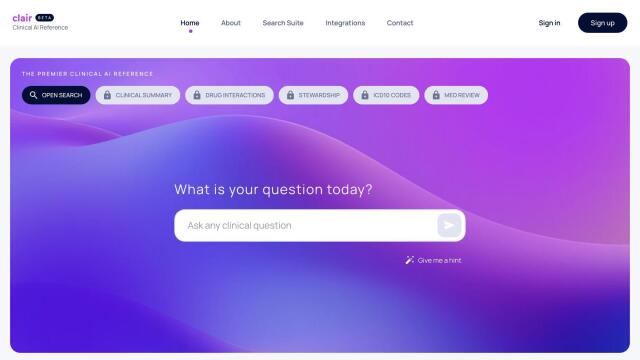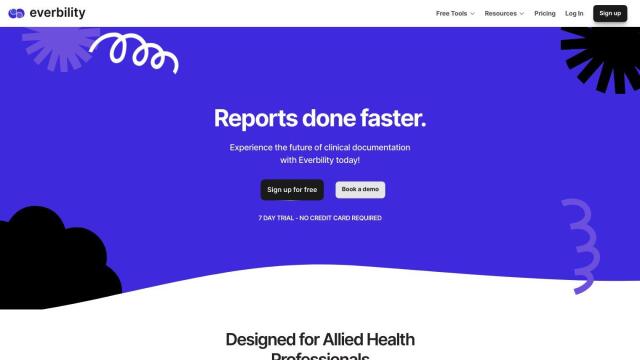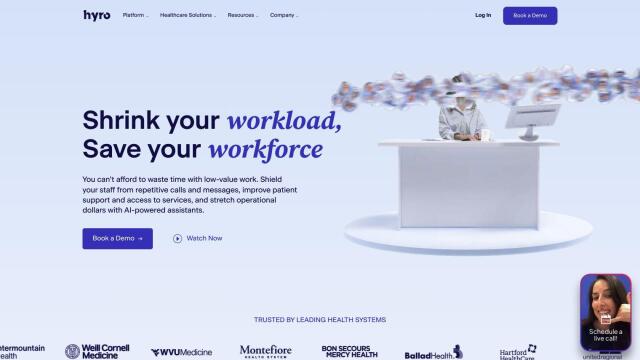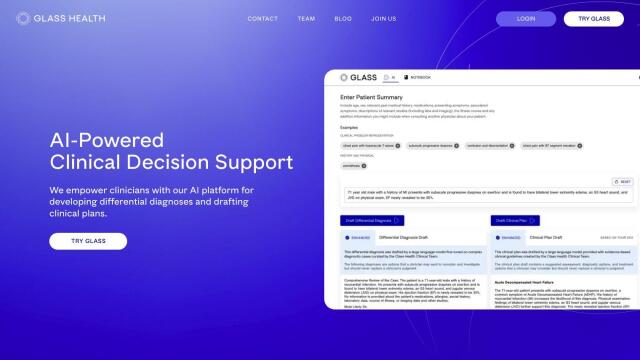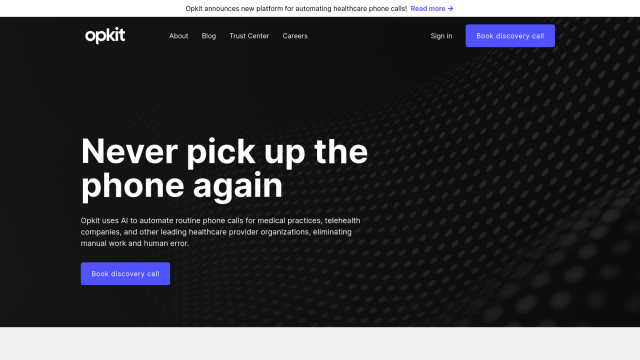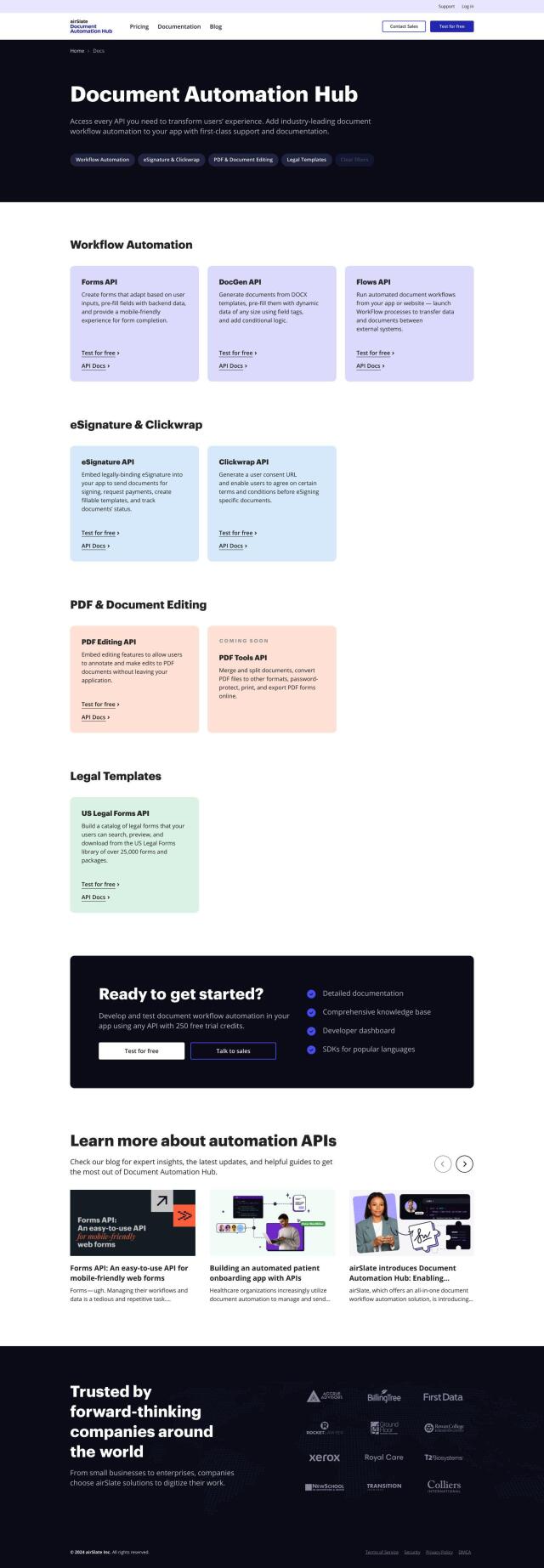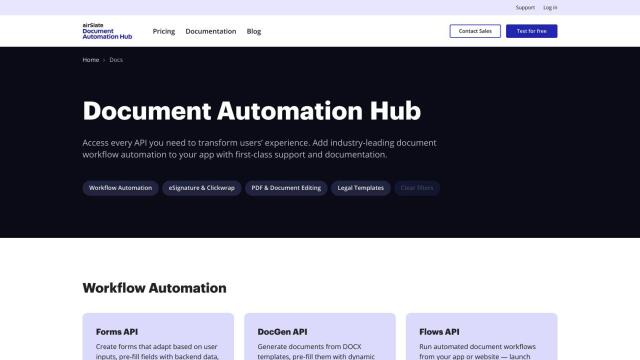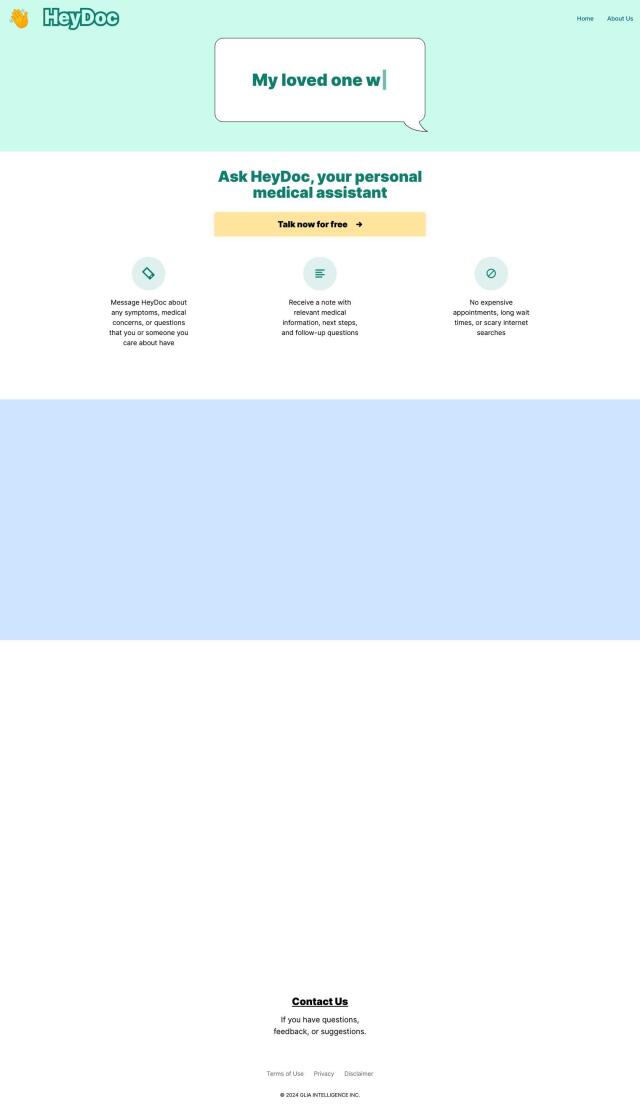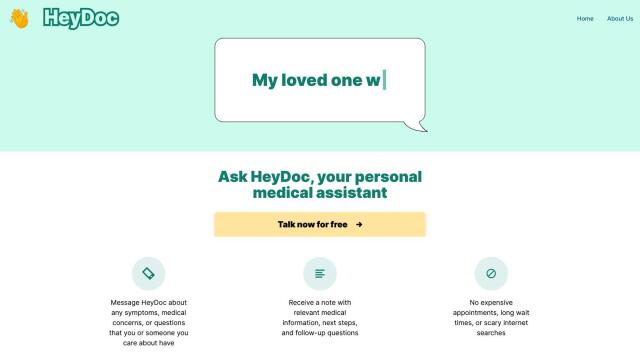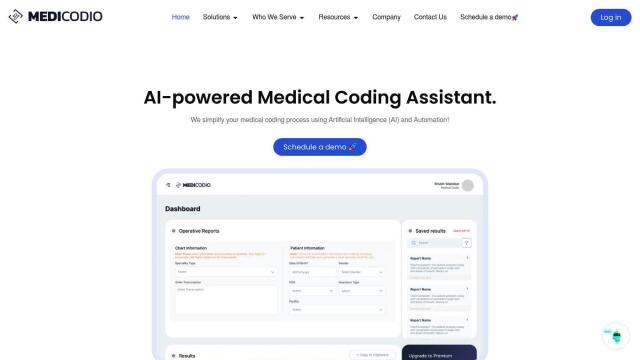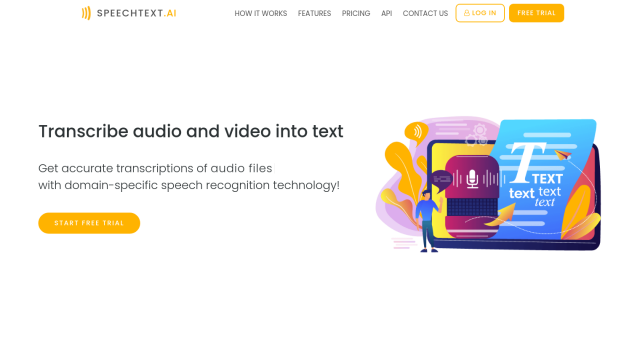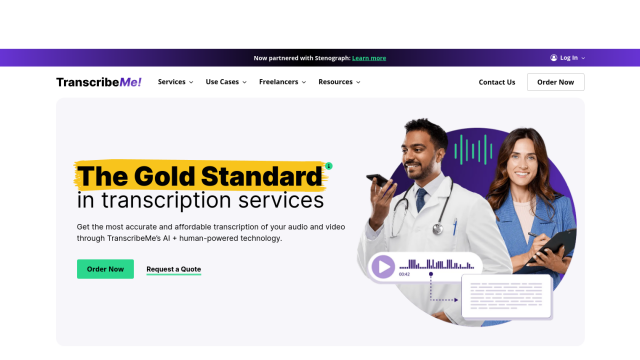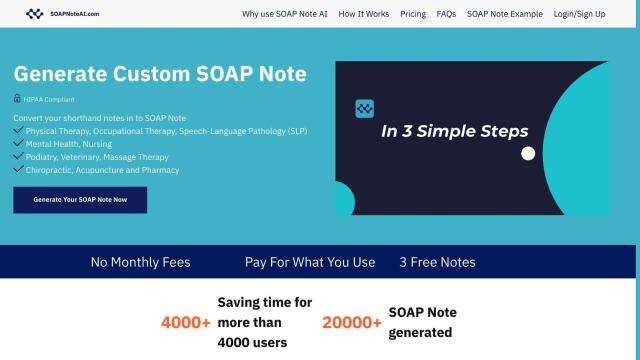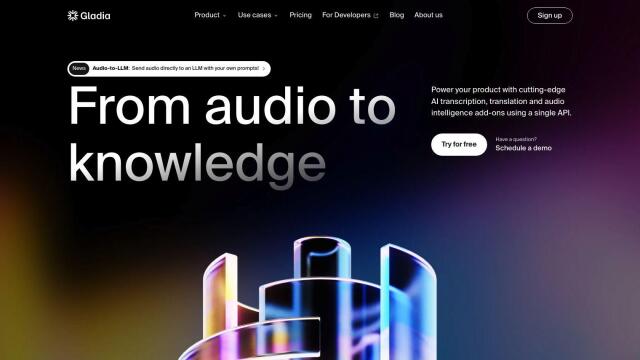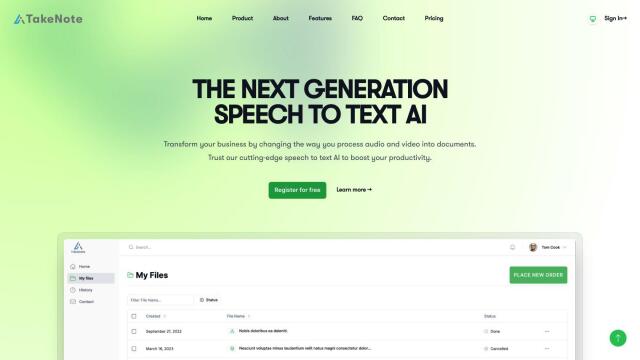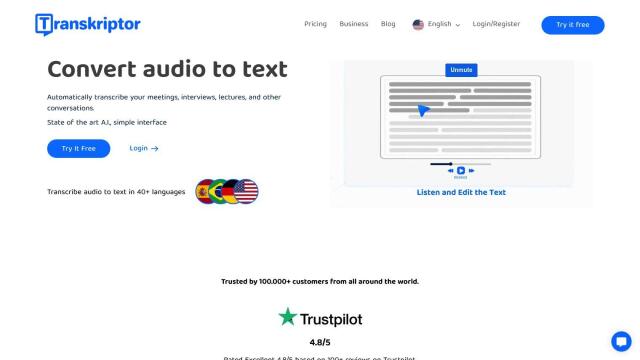
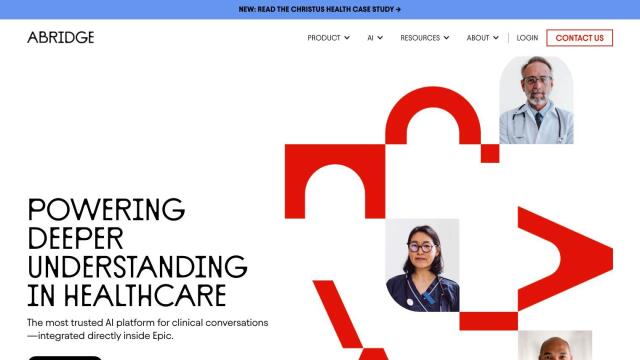
Abridge
If you're looking for another MediNav replacement, Abridge could be a good fit. Abridge uses generative AI to turn clinical conversations into structured notes that are built directly into Epic systems. It can generate notes in real time, supports multiple languages, and can create clinically validated summaries across more than 50 specialties. The company says it can free clinicians of up to 70 hours a month of documentation work so they can have a better work-life balance.

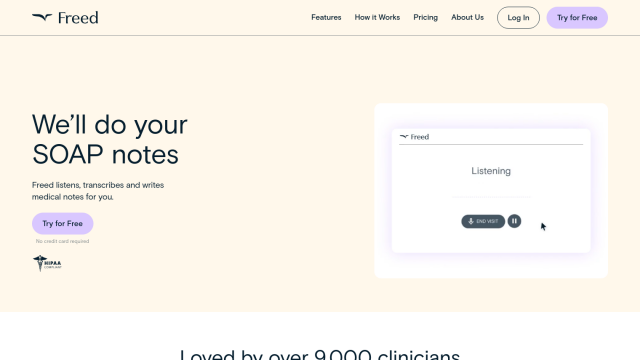
Freed
Another MediNav competitor is Freed, an AI-powered medical scribe that can free clinicians of documentation work. Freed learns a clinician's style and formatting with each edit and can generate customized clinical notes in minutes for any specialty visit. It integrates directly with EHR systems and is HIPAA compliant, making it a good option for health care providers that want to cut documentation time and stress.

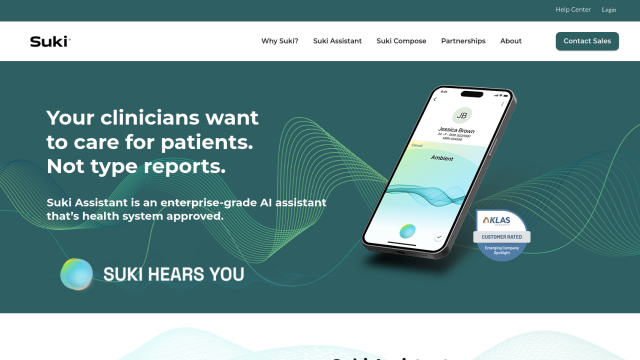
Suki
If you want a voice assistant, Suki offers AI-powered ambient note generation, dictation, and code suggestion to automate clinical workflows across multiple specialties. Suki has deep integrations with major EHR systems and uses industry leading tools to ensure security, including HIPAA and SOC2 Type 2 compliance. Pricing is based on solutions, but the company says it can lead to significant cost savings and productivity improvements for health systems.
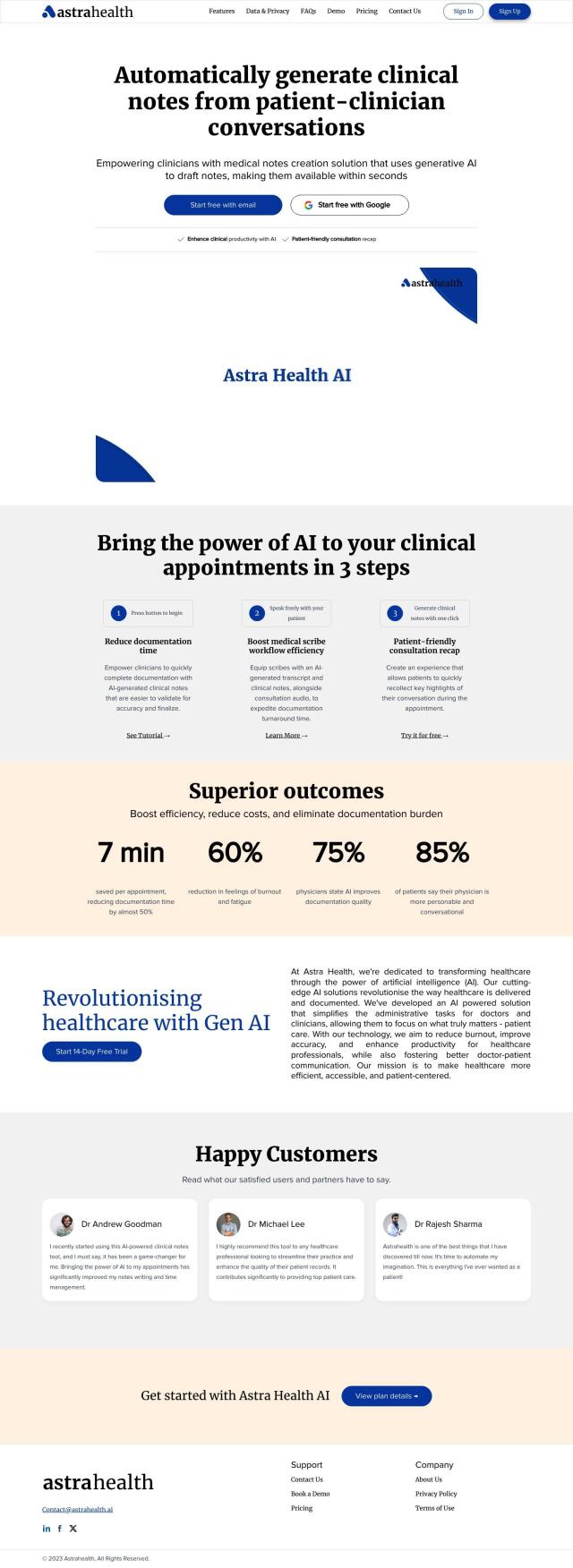
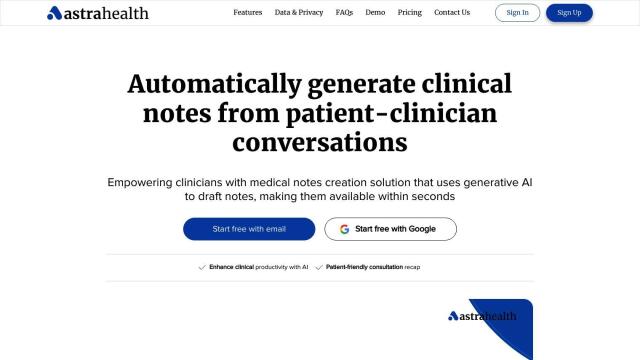
Astrahealth
Last, Astra Health is an AI-powered clinical note generation solution that automates documentation tasks and improves accuracy. It can save time by cutting documentation time by nearly 50% and improving documentation quality. With industry-standard encryption and cloud-based storage, Astra Health protects patient data and can be accessed from different devices and locations.

